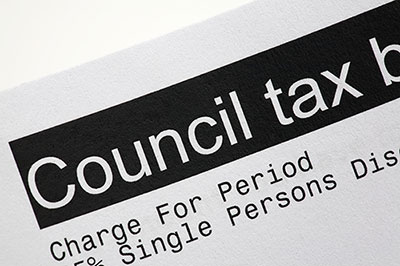Utilities
Smarter regulation for the digital economy.
2018
PARTNERS
Share
Understanding how to regulate digital markets
BT Group commissioned Prof. Hahn and The Behaviouralist to produce a research document for a UK government panel on the state of competition in the digital economy. Our work focused on the role of competition policy in promoting healthy market outcomes, and its interaction with the unique features of digital markets.

Thinking like a regulator
Our team members have experience working both for and alongside regulatory bodies, and were able to apply this to producing a concise briefing laying out the aims of regulation, its limits within a digital context, and an approach which should maximise long term economic welfare.
This report emphasised the need for new tools and concepts in evaluating non-traditional markets.
For instance, it is not entirely obvious how regulators should go about defining markets in the digital age. Firms enter markets with startling speed, and technology continually redefines which products can be substituted for which others.
In our view, the emphasis of the regulator when assessing the state of competition should be on patterns of substitution; texts provided by telecom companies are in direct competition with services such as iMessage and WhatsApp, while Skype and Facetime compete with the minutes on a mobile plan. Depending on how a regulator treats the existence of these alternatives, a market can be viewed as either a borderline monopoly or highly competitive.
Similarly, policy on mergers should take into account incentives to invent. A firm like Facebook swallowing potential competitors is likely to decrease static welfare. But at the same time, the possibility of being purchased for large cash sums is likely to stimulate innovation from some entrepreneurs.
Helping to build policy
Our report emphasised a set of principles for encouraging healthy market outcomes through regulation, including the relative merits of ex ante and ex post regulation, how to handle the speed of market developments, and the need to consider dynamic efficiency. In addition to being considered on its own terms our input informed BT group’s own submission to the panel.



